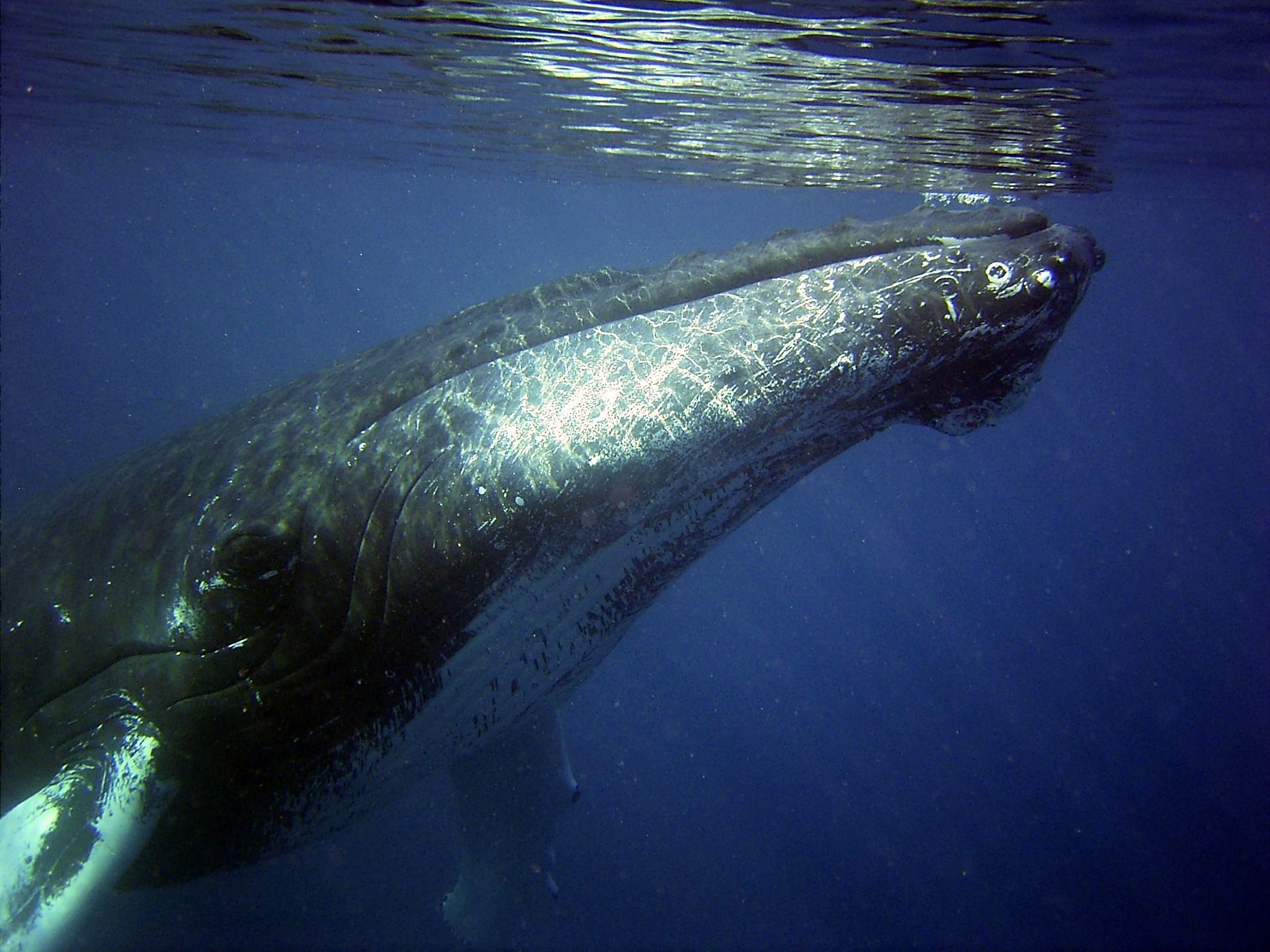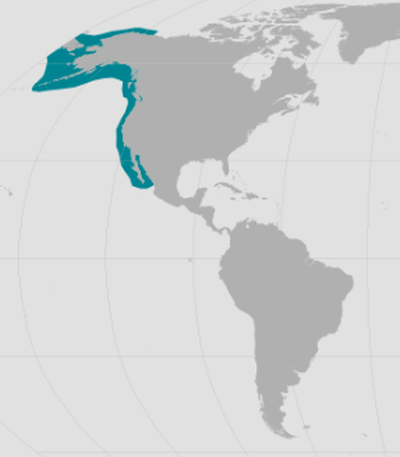
When our sun belches out a hot stream of charged particles in Earth’s general direction, it doesn’t just mess up communications satellites. It might also be scrambling the navigational sense of California gray whales (Eschrichtius robustus), according to a new study.
A new study reported in the journal Current Biology offers some of the first evidence that gray whales might depend on a magnetic sense to find their way through the ocean.
Gray whales annually migrate more than 16100 kilometers (10,000 miles) up and down the western coast of North America. They head north in the summer, often as far as Alaska’s Aleutian Islands, and they travel south, giving birth off the coast of Mexico, in the winter.

Earlier research has found a correlation between solar activity like sunspots and flares and stranded sperm whales, but the new analysis tried to get to the bottom of what the relationship might be. Gray whales were an ideal species to study since they are monitored by NPAA and migrate so very far every year.
Graduate student Jesse Granger at Duke University and her colleagues compiled an NOAA database of gray whale stranding incidents over a period of 31 years and sifted out all the cases in which the whales were obviously sick, malnourished, injured or entangled, leaving only 186 strandings of otherwise healthy animals.
Comparing the healthy strandings data to a record of solar activity and statistically sifting out several other possible factors like seasons, weather, ocean temperatures, and food abundance, Granger concluded that gray whales were 4.3 times more likely to stand when a lot of radio frequency noise from a solar outburst was hitting the Earth.
“We show that the mechanism behind the relationship between solar storms and gray whales, if it is an effect on a magnetic sensor, is likely caused by disruption to the sense itself, not inaccurate information. So, to put this back into the earlier metaphor, the big secondary finding of this paper is that it is possible that the reason the whales are stranding so much more often when there are solar storms is because they have gone blind, rather than that their internal GPS is giving them false information.”
– Jesse Granger
The likelihood that whales might be somehow tapping into the planet’s geomagnetic fields is pretty strong because landmarks are few in the open ocean, but unfortunately, researchers don’t yet know precisely how they navigate.
The Duke University research team now plans to conduct a similar analysis for several other species of whales on several other continents to see if this pattern exists on a more global scale. The information might provide a broader picture of strandings and increase our understanding of whales’ magnetic sense.
Reference:
Jesse Granger, Lucianne Walkowicz, Robert Fitak, Sönke Johnsen Gray whales strand more often on days with increased levels of atmospheric radio-frequency noise DOI: https://doi.org/10.1016/j.cub.2020.01.028











![OpenAI. (2025). ChatGPT [Large language model]. https://chatgpt.com](https://www.illustratedcuriosity.com/files/media/55136/b1b0b614-5b72-486c-901d-ff244549d67a-350x260.webp)
![OpenAI. (2025). ChatGPT [Large language model]. https://chatgpt.com](https://www.illustratedcuriosity.com/files/media/55124/79bc18fa-f616-4951-856f-cc724ad5d497-350x260.webp)
![OpenAI. (2025). ChatGPT [Large language model]. https://chatgpt.com](https://www.illustratedcuriosity.com/files/media/55099/2638a982-b4de-4913-8a1c-1479df352bf3-350x260.webp)








